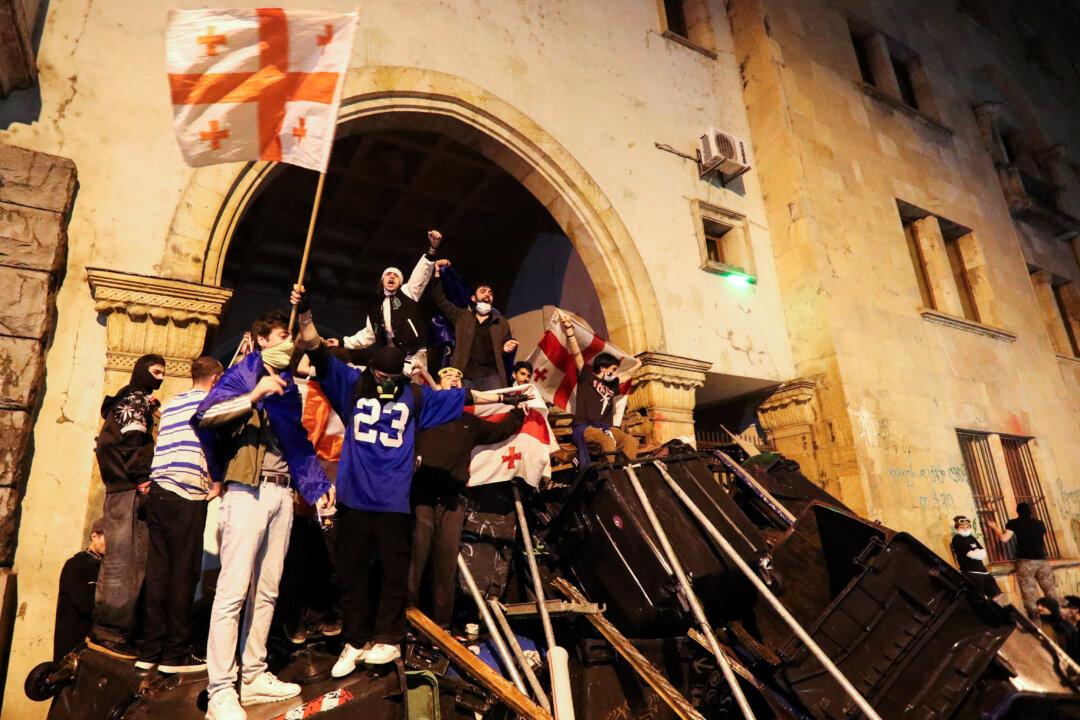News Analysis
Georgia will hold crucial parliamentary elections on Oct. 26 that some experts believe could determine the country’s geopolitical trajectory.

Georgia will hold crucial parliamentary elections on Oct. 26 that some experts believe could determine the country’s geopolitical trajectory.